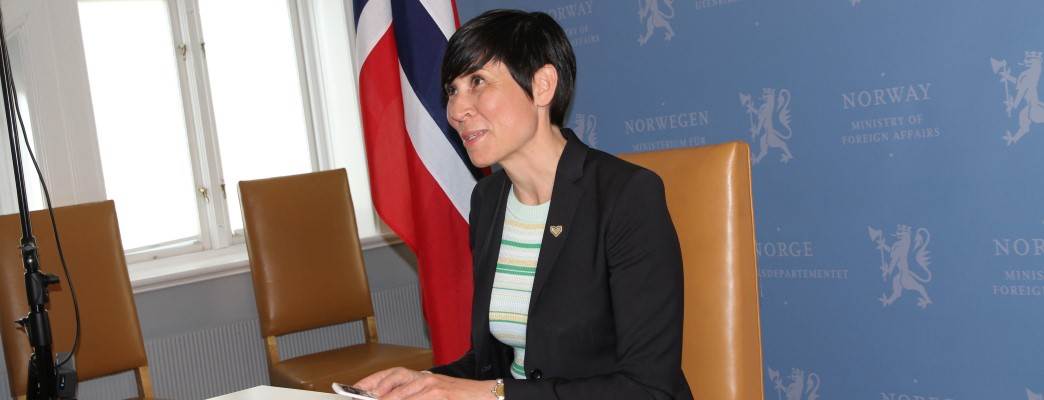As delivered
President,
Thank you for organizing this meeting and for allowing broad participation in the Arria format to mark this important occasion.
Like so many in Europe, and around the world, Norway and its people experienced significant hardships during World War Two, being attacked in 1940 and enduring five years of occupation by Nazi Germany. From our own experience and from witnessing the atrocities that took place across Europe, being a founding member of the UN was important to Norway. We were motivated by the need to create a global organization that would maintain respect for international law as the bedrock of international security and to prevent those kinds of atrocities from happening again.
However, in recent years international politics have become more unpredictable. There is more instability and greater unrest in the international system. Some states are turning away from multilateralism. The norms, rights and values that are fundamental to us, are being challenged.
The reality is that all of the major challenges we face, are impossible for a single country to solve alone. The corona pandemic is a stark illustration of the interconnectedness of our world and its challenges.
The multilateral system, and indeed the Security Council, must be enabled to solve new problems that challenge peace and stability. The system is not yet set up to address challenges like climate change and new transnational security threats. We have also experienced that the international rules-based order in recent years has come under pressure on our own continent.
These new challenges illustrate yet again the need for a strong UN Security Council, which fulfils its responsibility for international peace and security and also takes a proactive approach to conflict prevention and stability.
President,
We are convinced that international cooperation based on common agreed rules and norms is the best way to promote our common interests. Norway will be a driver of reform. We will give priority to strengthening the institutions that matter the most to our security, our economy and our welfare – like the UN.
We look forward to use the 75-year anniversary of the UN this fall as a platform to further strengthen our collective commitment to multilateralism and the prevention of devastating conflicts.
And it is our firm belief that if we pull together, the UN and the Security Council will continue to be a beacon and a guardian for maintaining respect for international law and our common good for the next 75 years and beyond.
Thank you.
